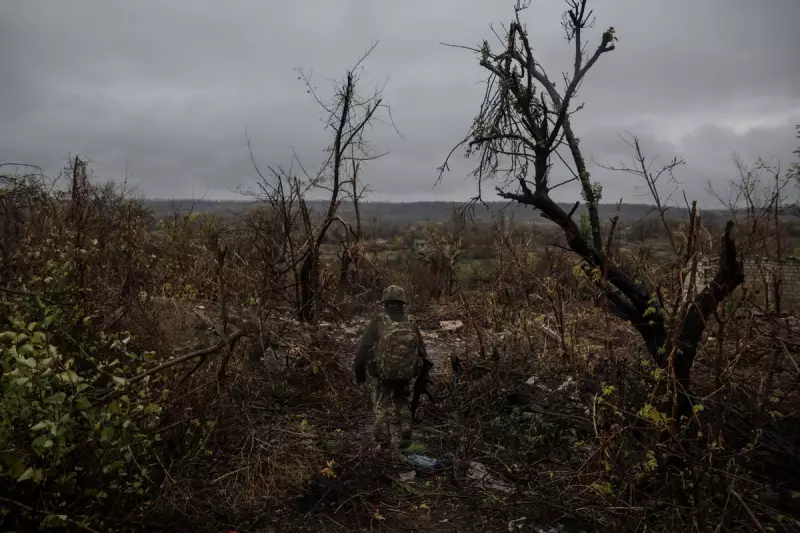
South African President Cyril Ramaphosa has delivered a stunning rebuke to Western powers, accusing them of deliberately undermining African-led peace efforts in Ukraine while simultaneously pressuring other nations to align with their geopolitical stance.
A Controversial Diplomatic Stance
Speaking at a joint press conference with Singaporean Prime Minister Lee Hsien Loong in Cape Town, Ramaphosa didn't mince words when addressing what he perceives as Western hypocrisy. "When we said we are going to have a peace mission, there were people who tried to block us," the South African leader revealed, highlighting the challenges faced by African mediators.
The African Peace Initiative
The peace mission Ramaphosa referenced saw several African leaders, including himself, travel to both Ukraine and Russia in June 2023. The delegation presented a ten-point peace plan aimed at de-escalating the conflict that has raged since Russia's full-scale invasion in February 2022.
Despite these efforts, Ramaphosa expressed frustration that Western nations were "saying you must choose sides, and when you choose sides—the side that we have chosen—we will then give you the necessary support."
Western Pressure and African Sovereignty
The South African president's comments underscore the growing tension between non-aligned nations and Western powers over the Ukraine conflict. Ramaphosa emphasised that many countries prefer not to take sides in what they view as a European conflict, yet face significant economic and diplomatic pressure to do so.
South Africa's Controversial Position
South Africa's relationship with Russia has drawn international scrutiny, particularly after the country hosted joint military exercises with Russia and China earlier this year. The United States and European allies have expressed concern about South Africa's perceived closeness to Moscow, though Pretoria maintains it pursues a non-aligned foreign policy.
The Broader Implications
Ramaphosa's remarks highlight the challenges facing multilateral diplomacy in an increasingly polarised global landscape. As emerging economies seek to assert their diplomatic independence, tensions with traditional Western powers appear to be mounting over approaches to major international conflicts.
The situation raises fundamental questions about the future of conflict resolution and whether alternative diplomatic channels outside traditional Western-led initiatives can gain traction in resolving complex geopolitical standoffs.





